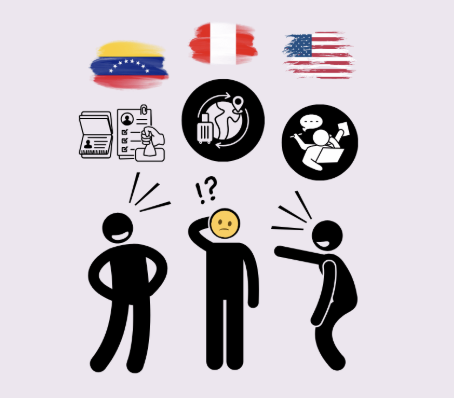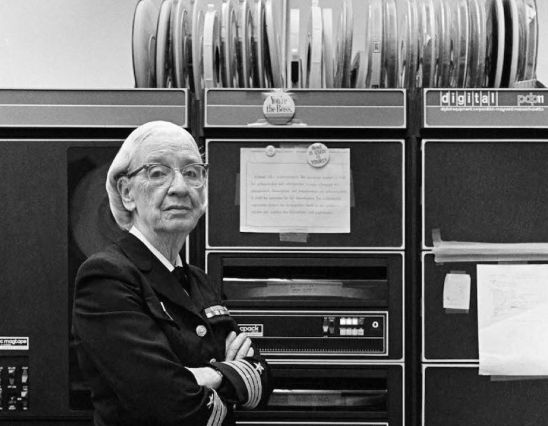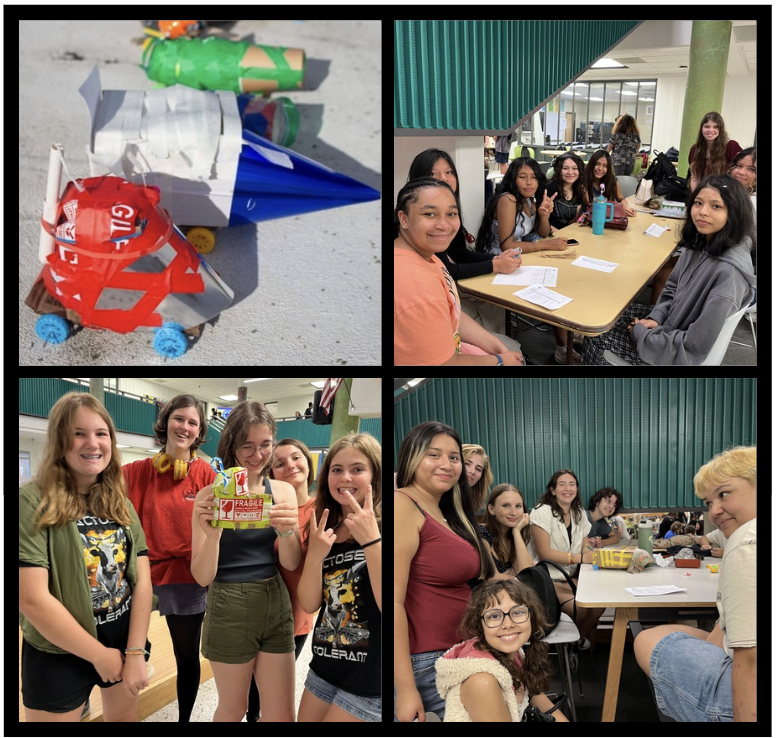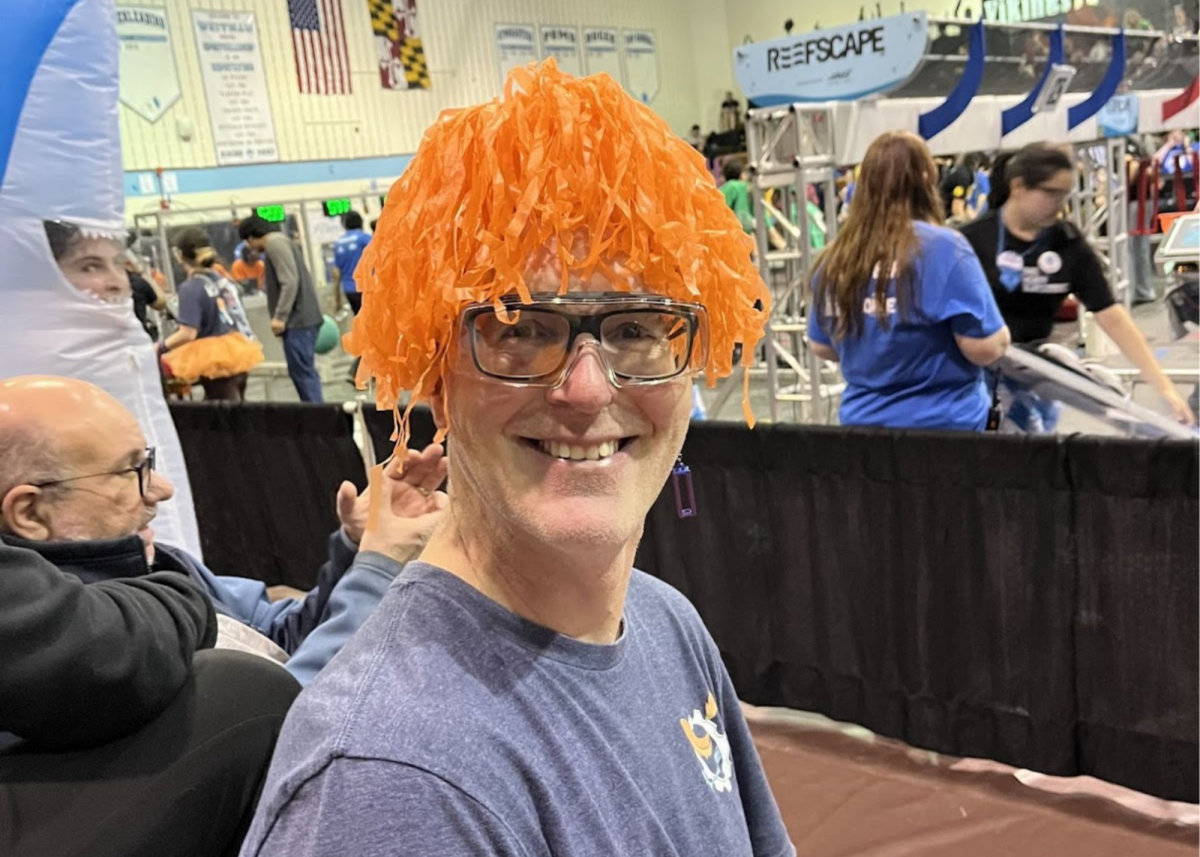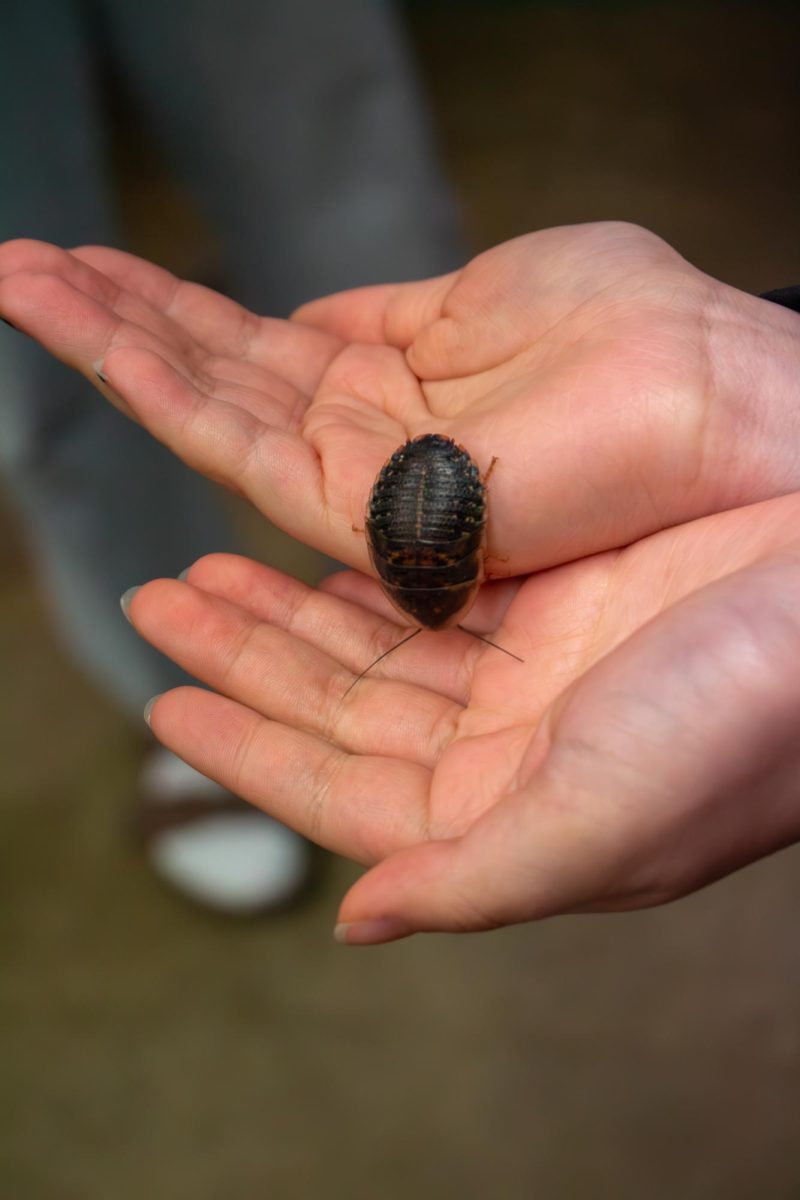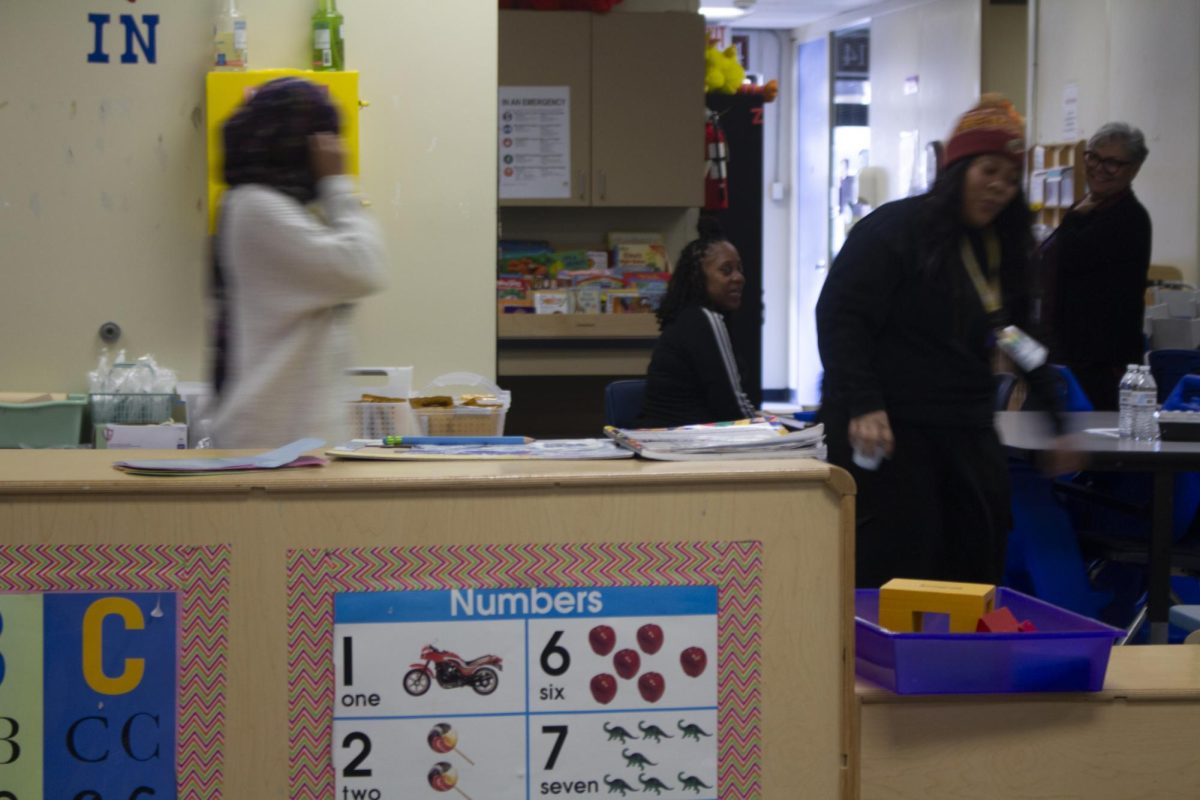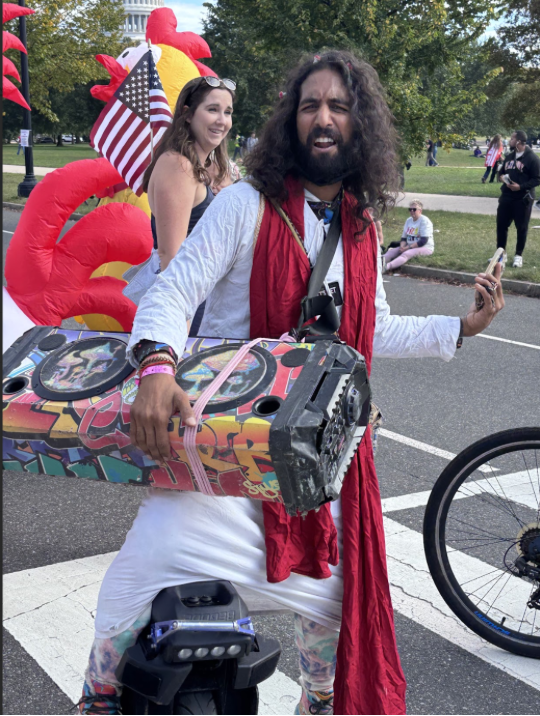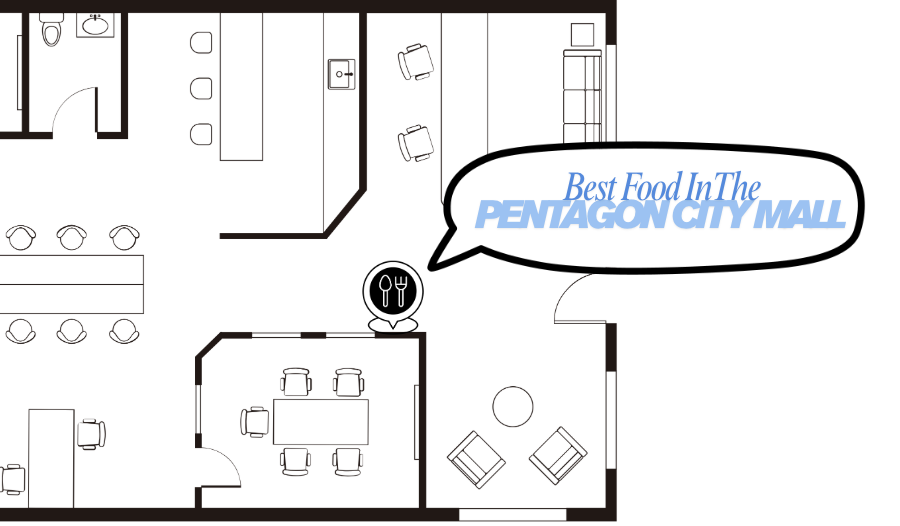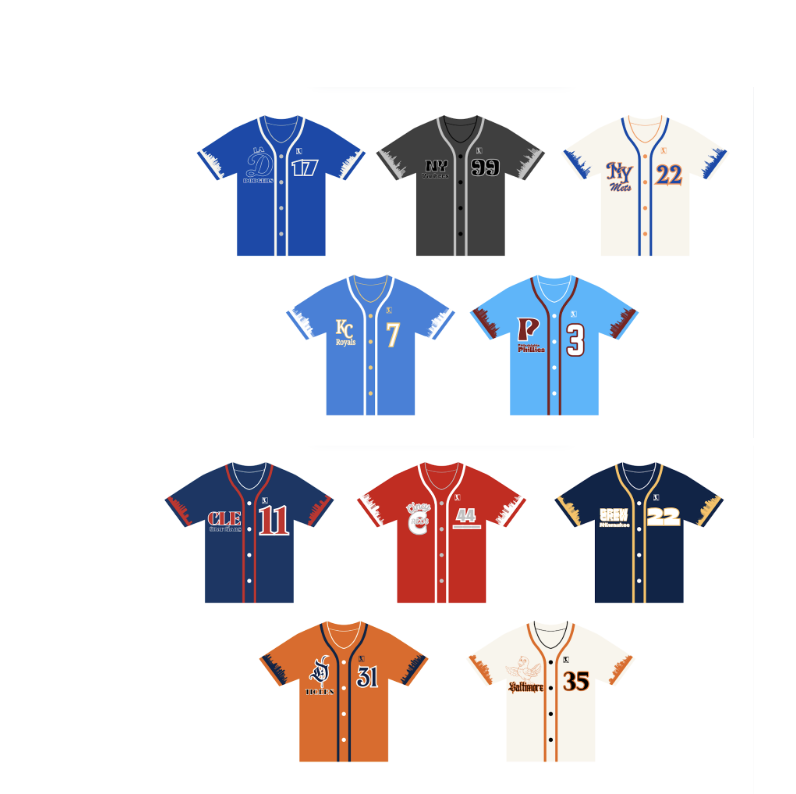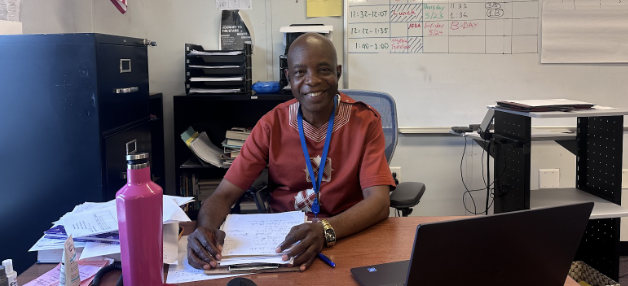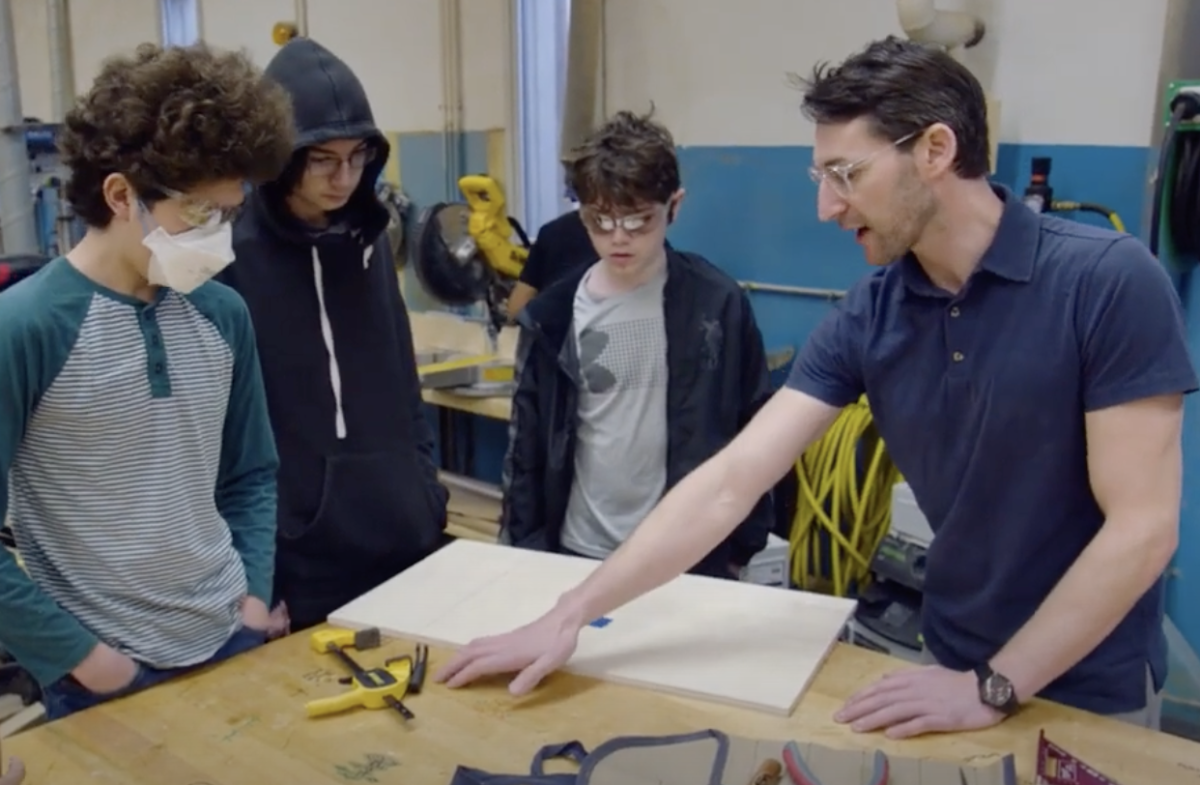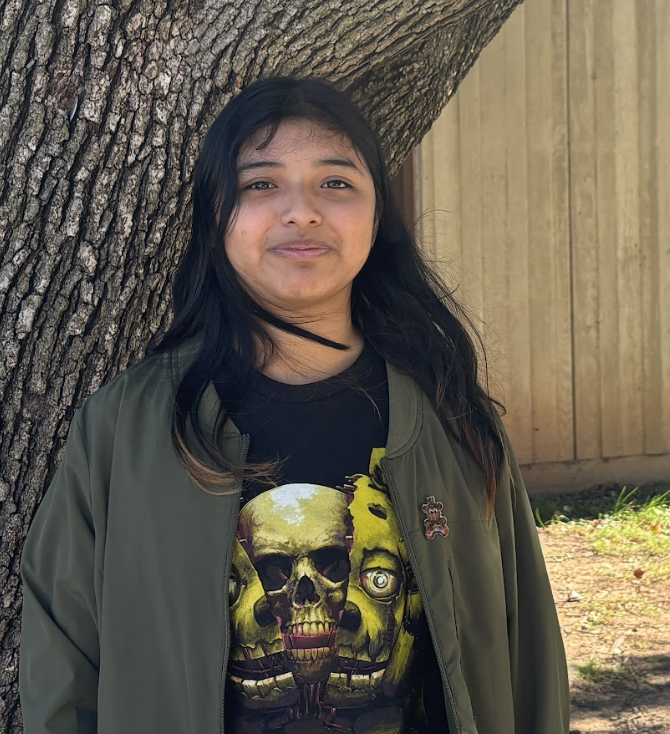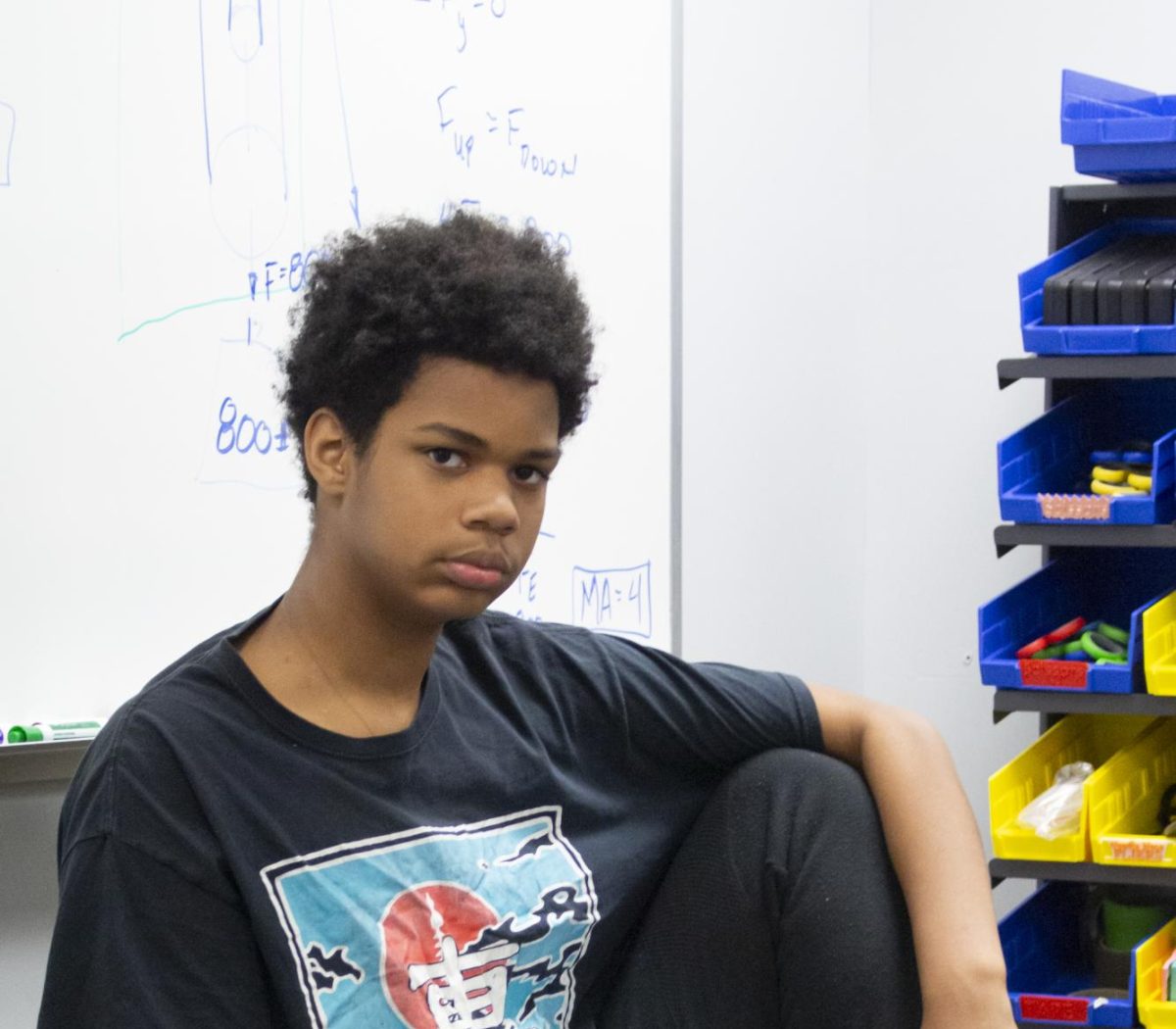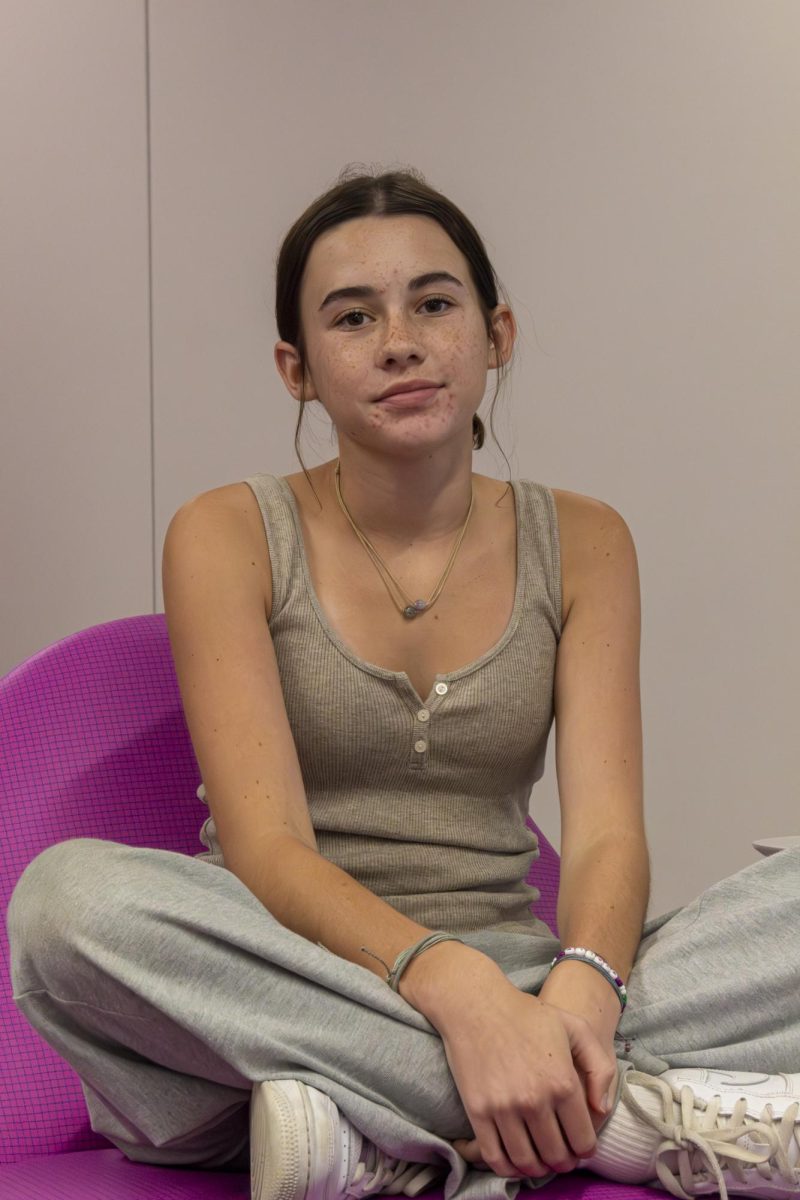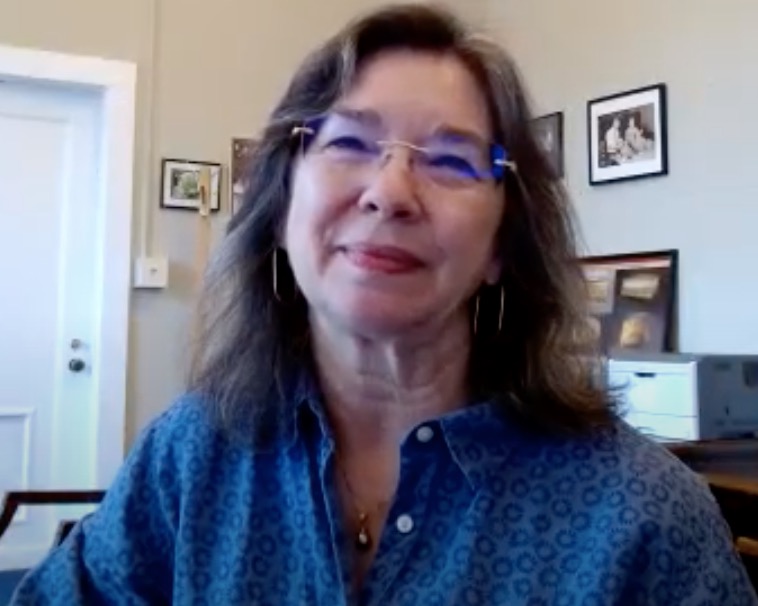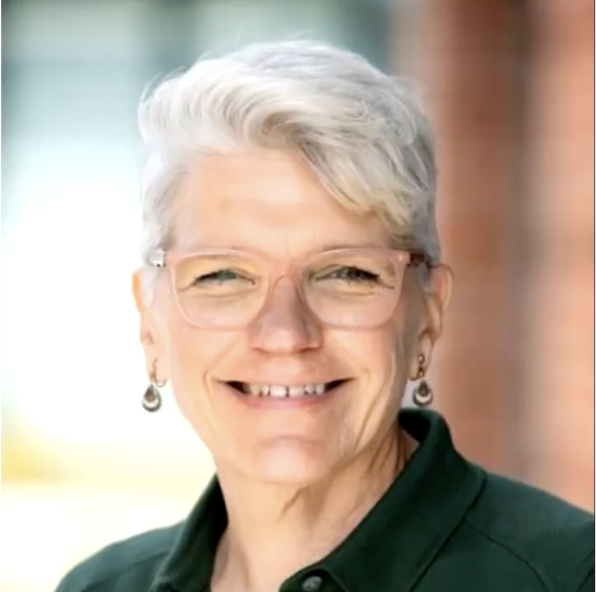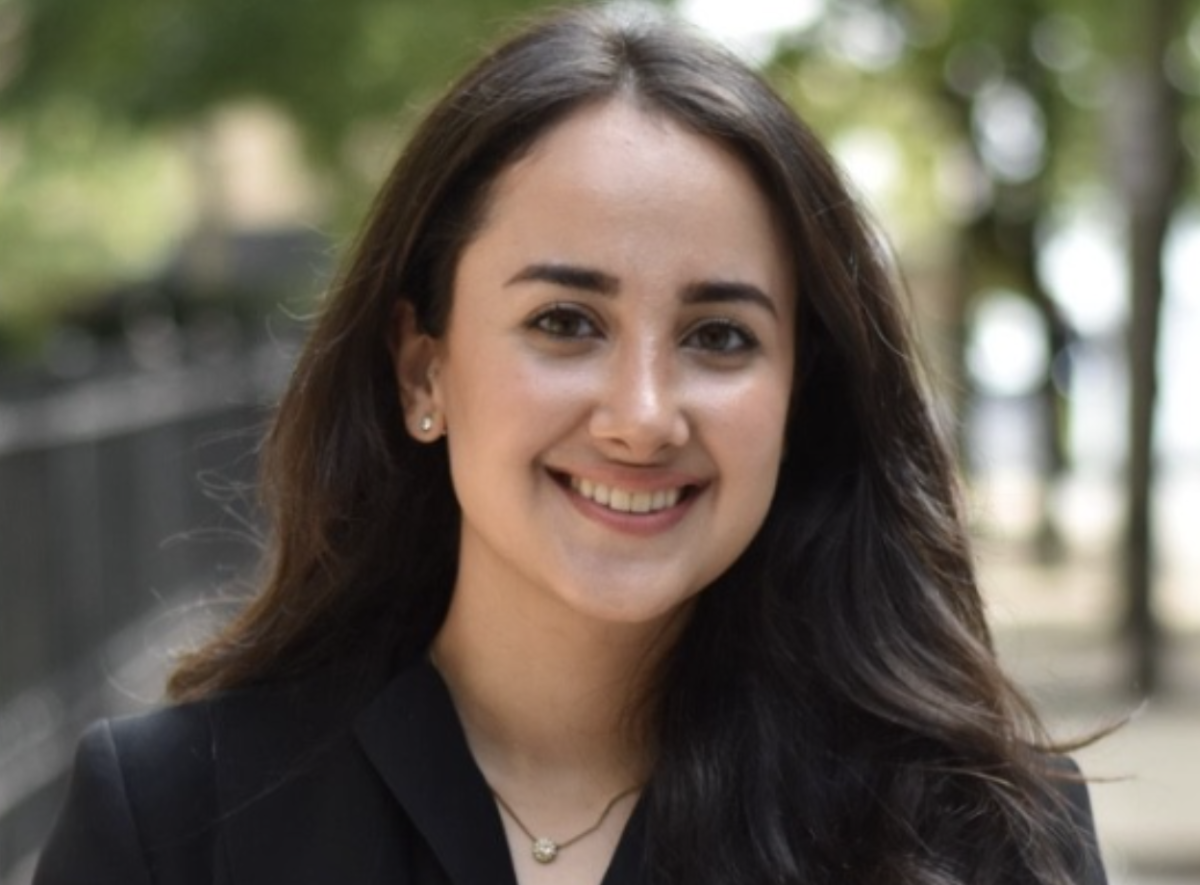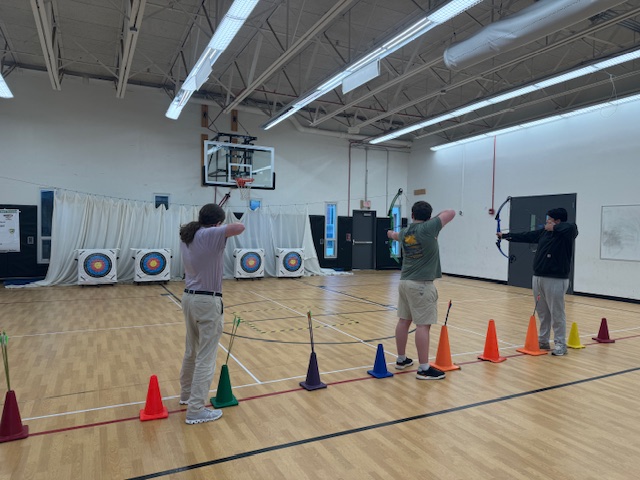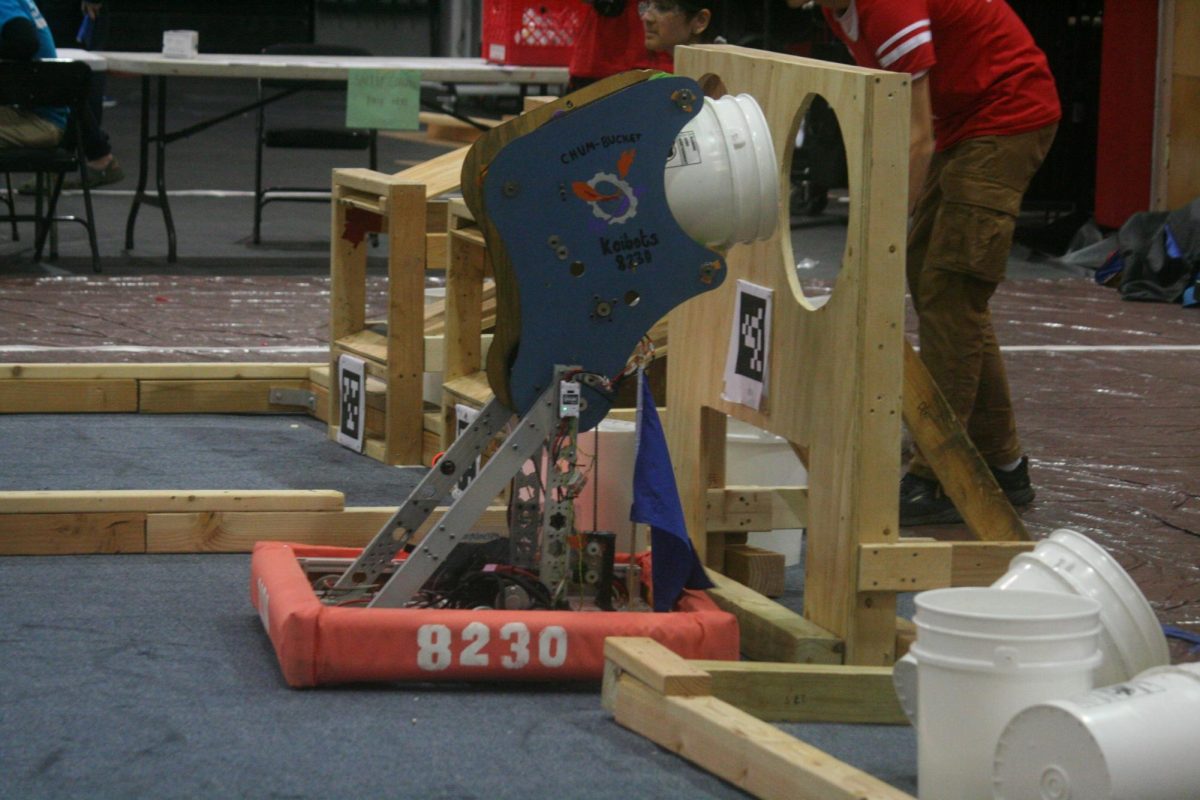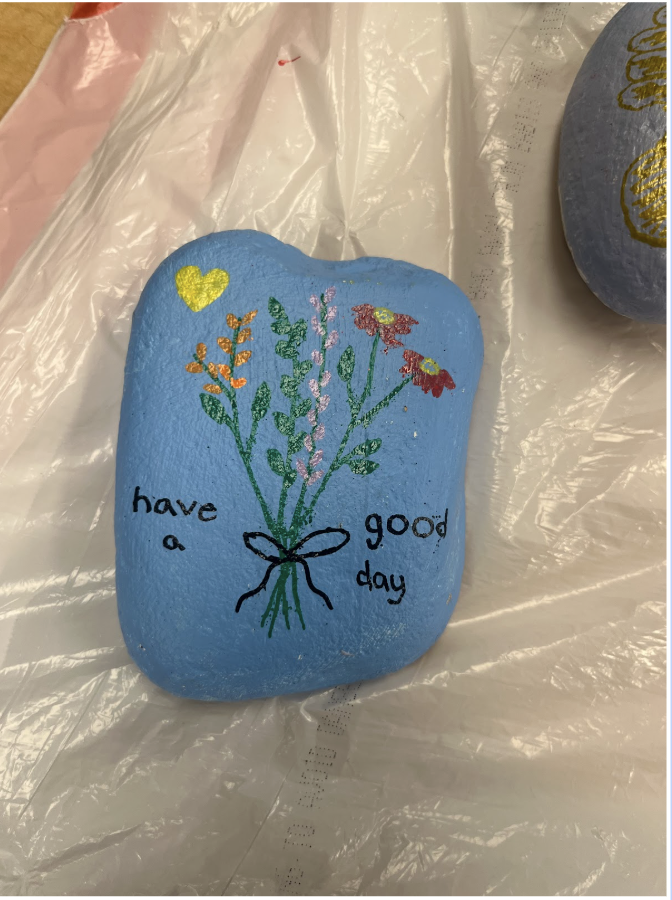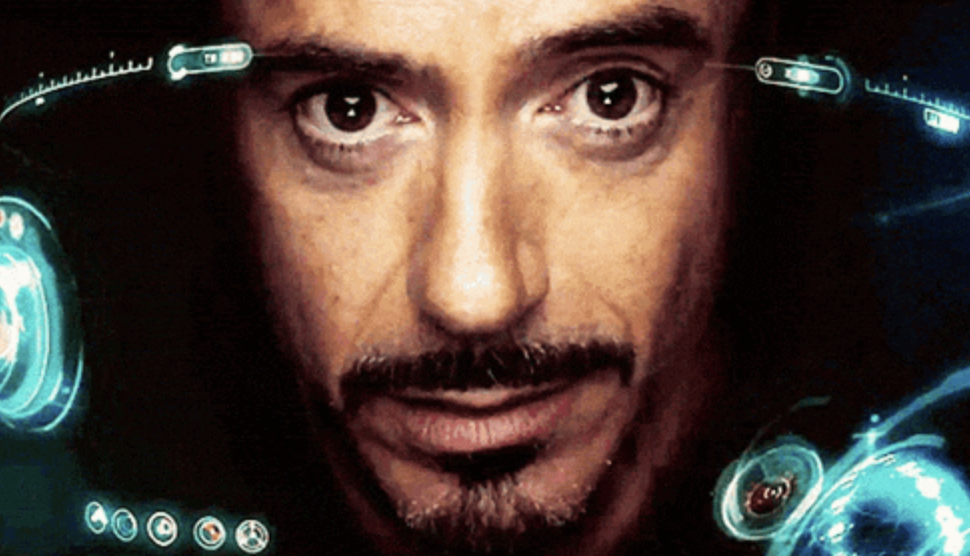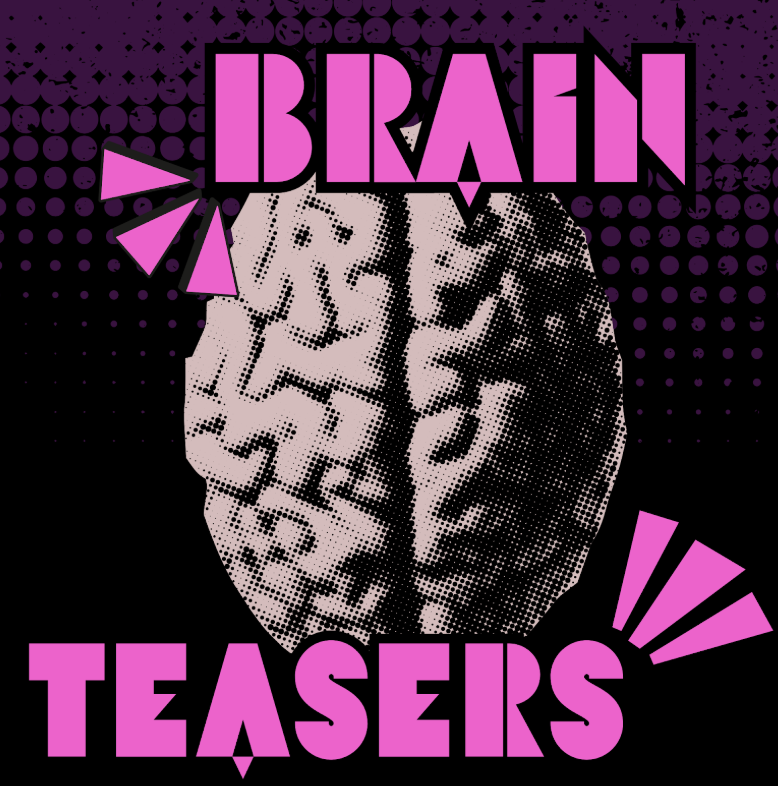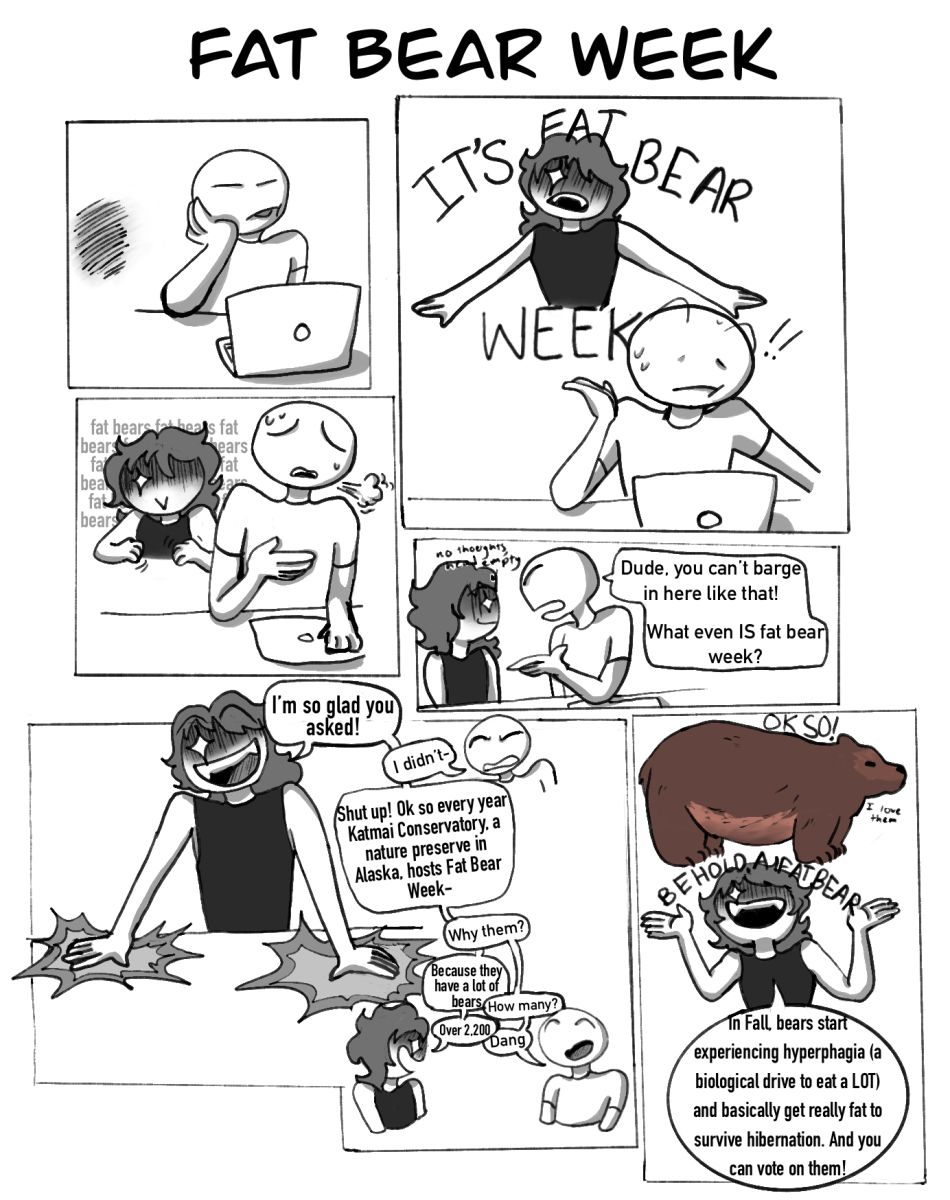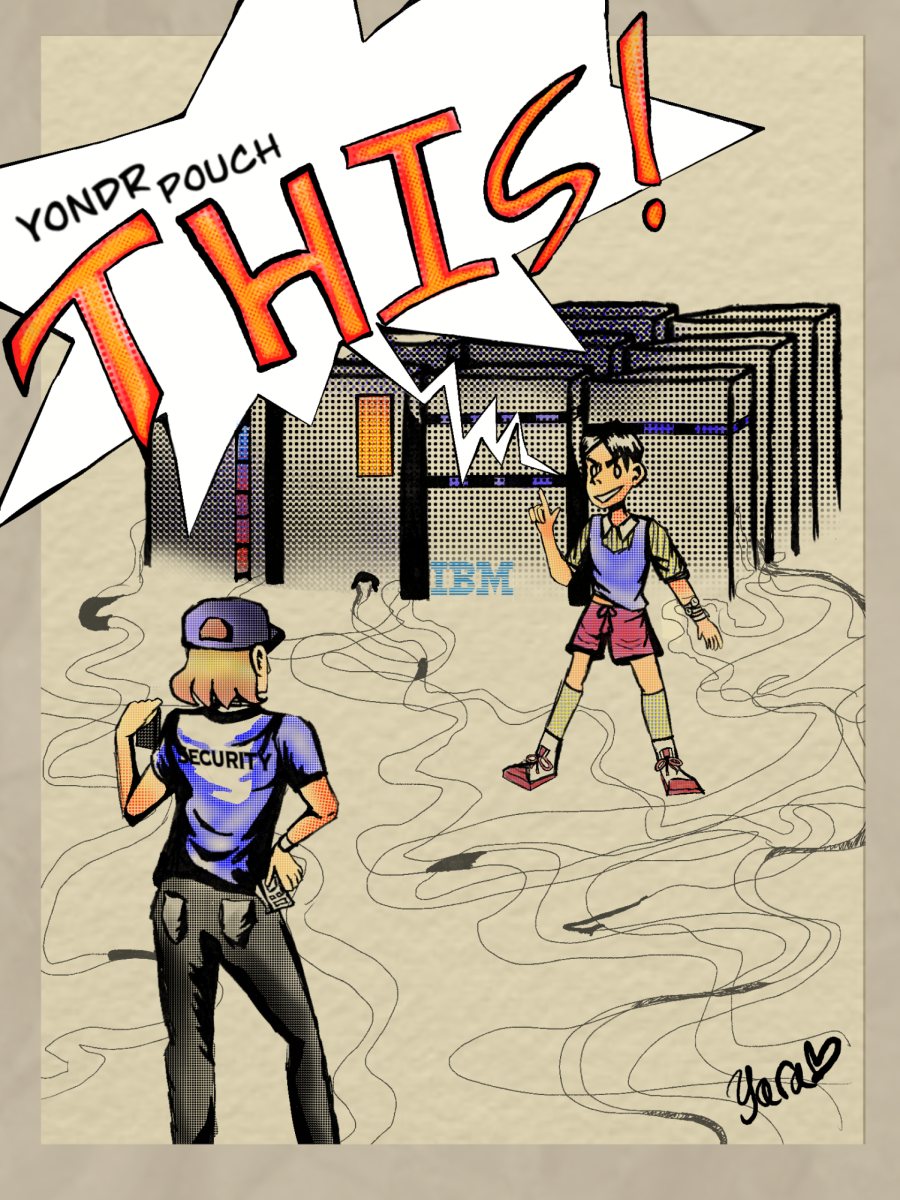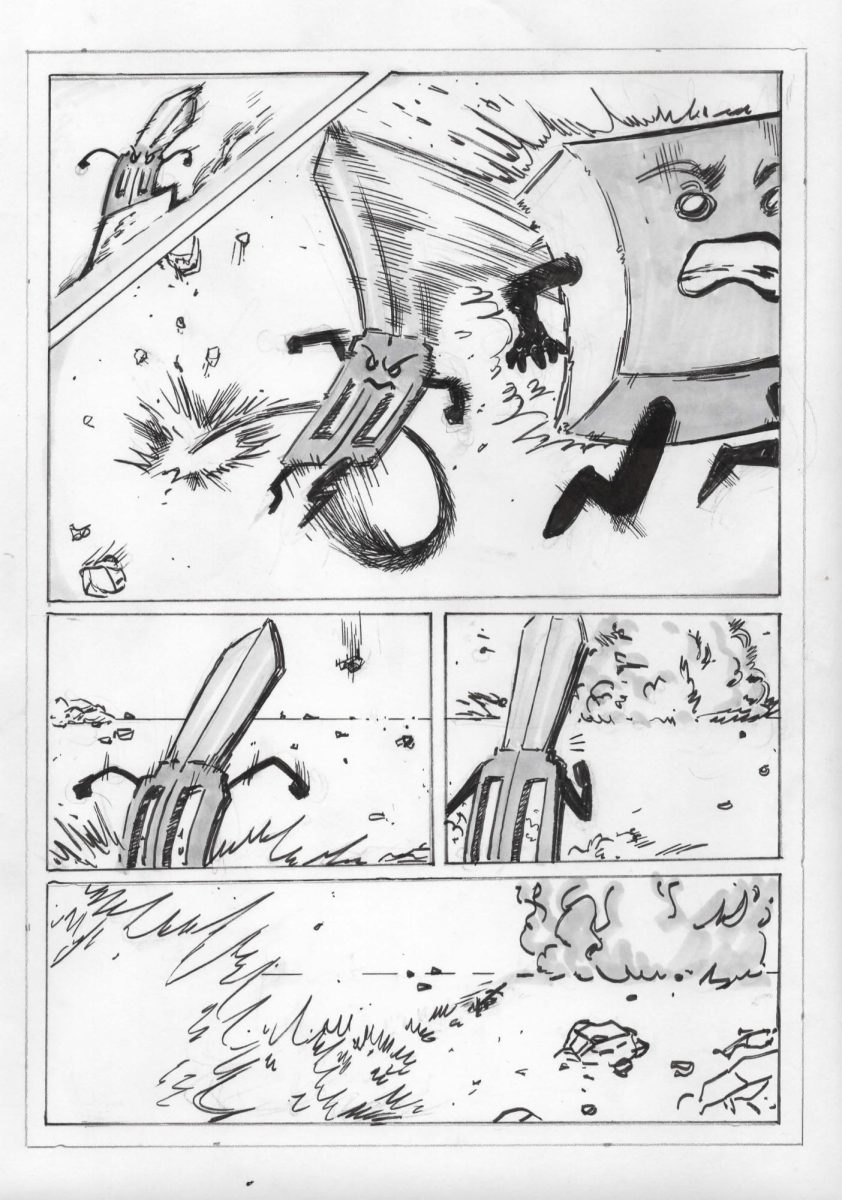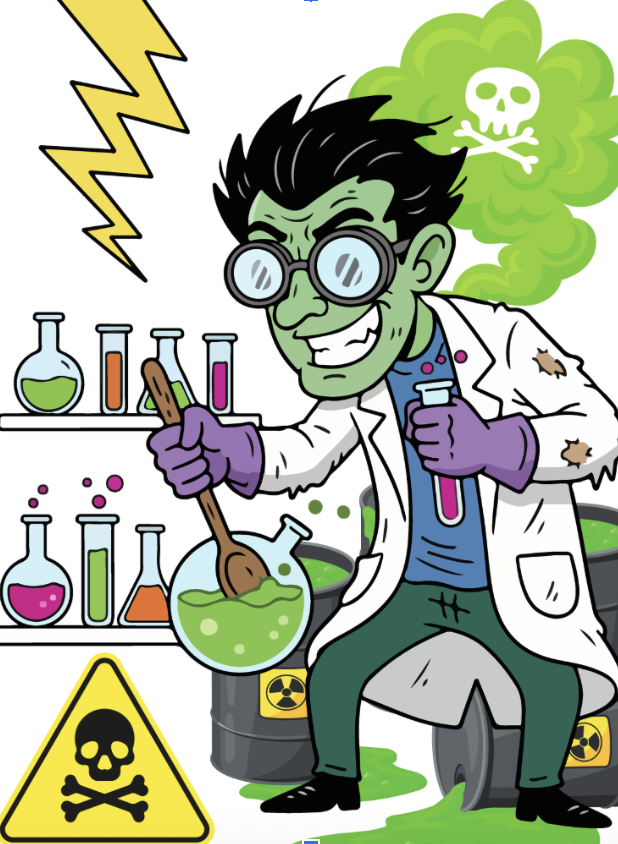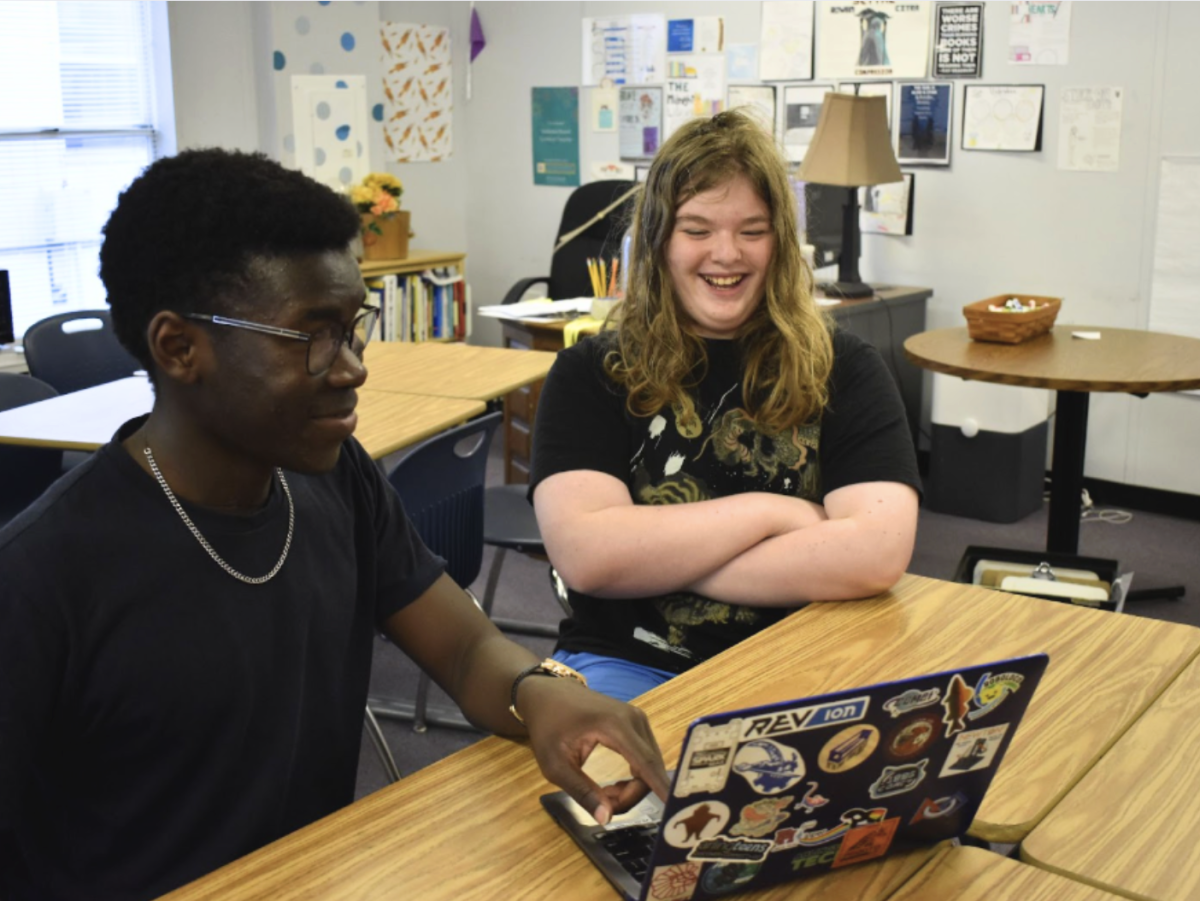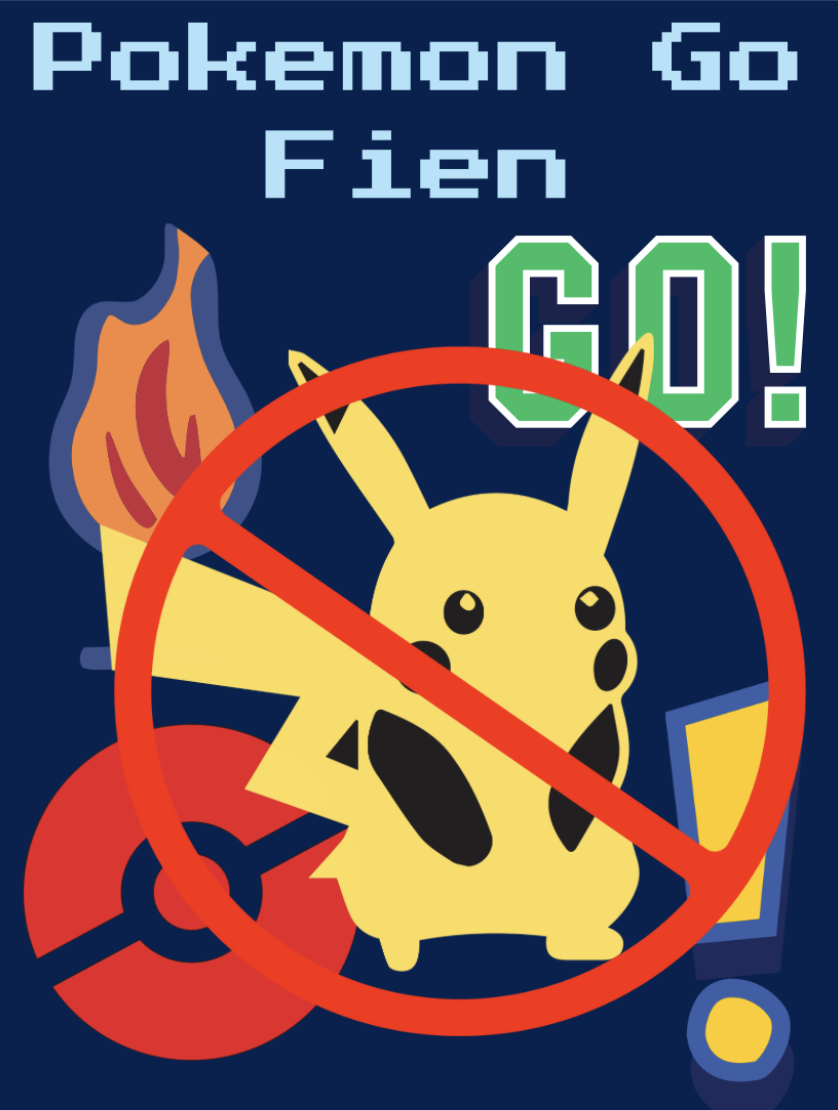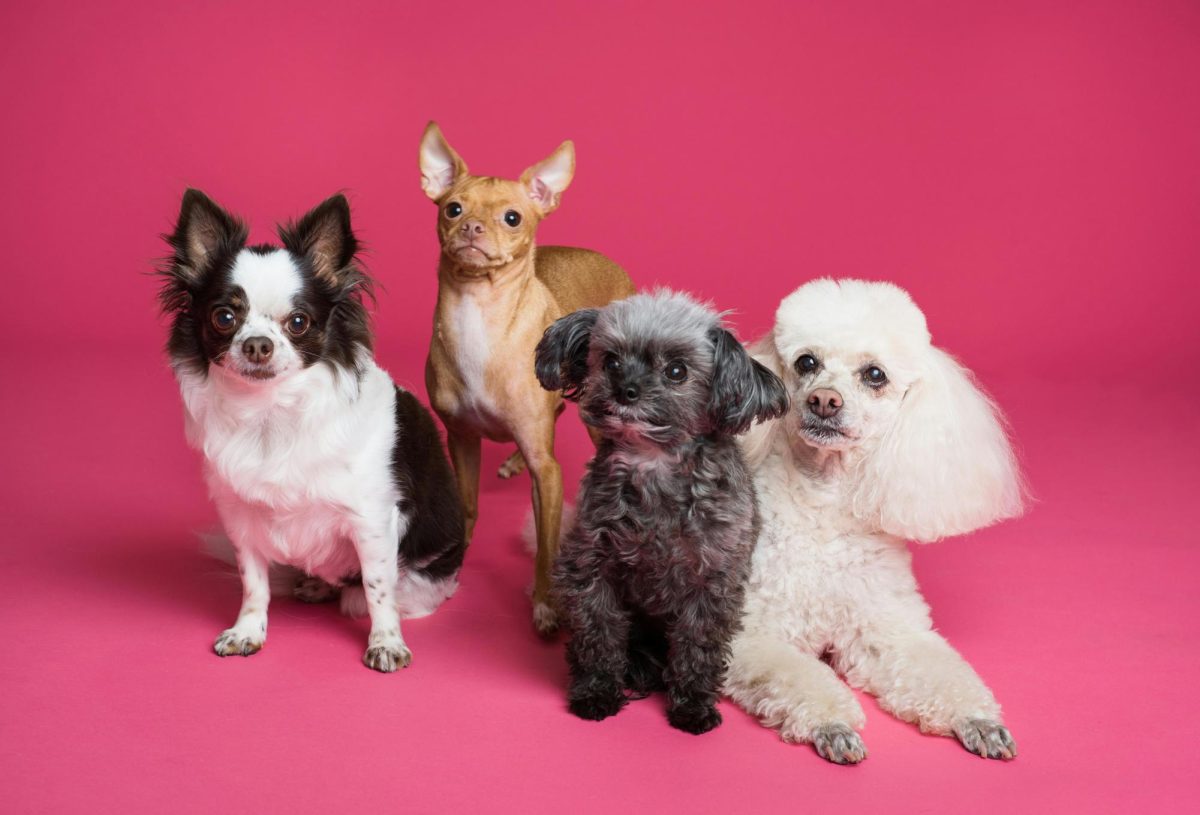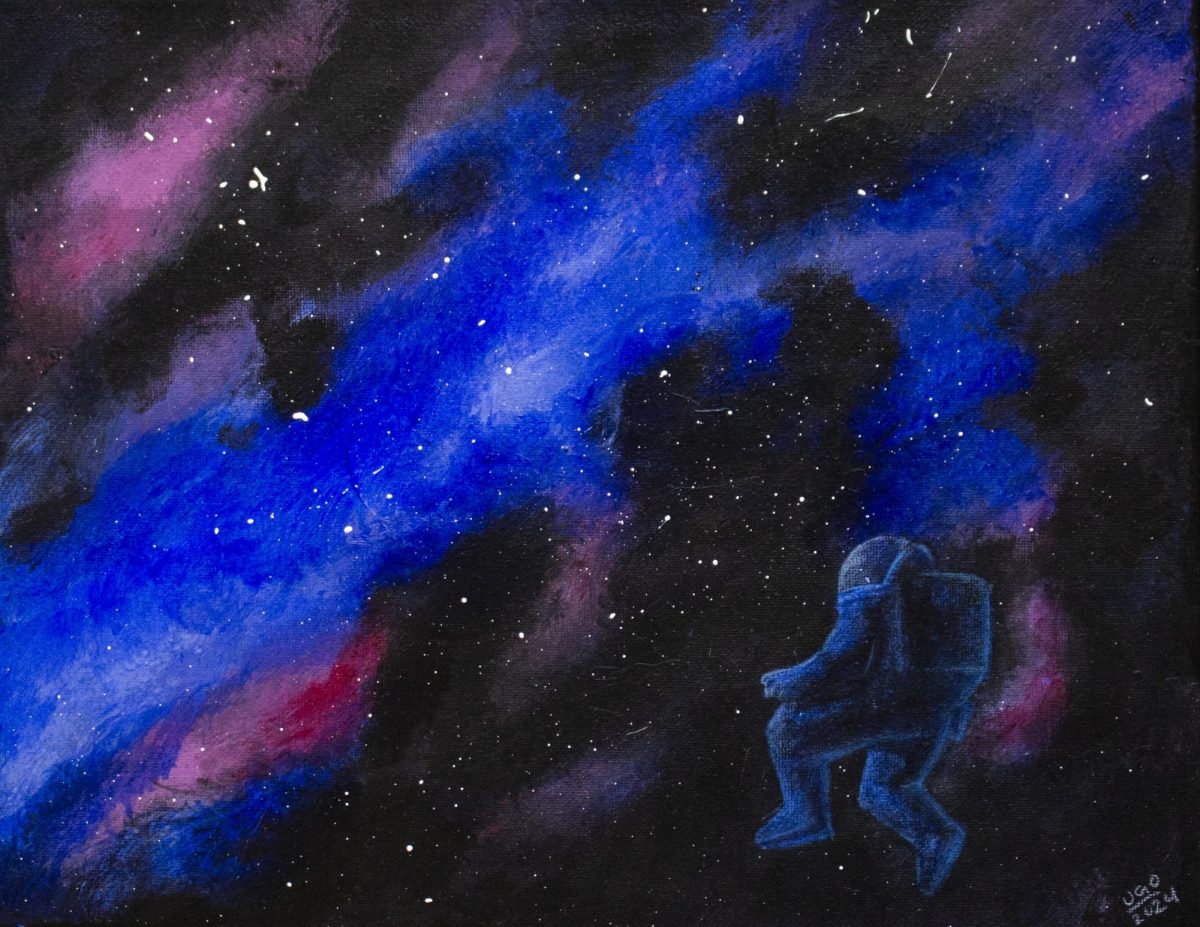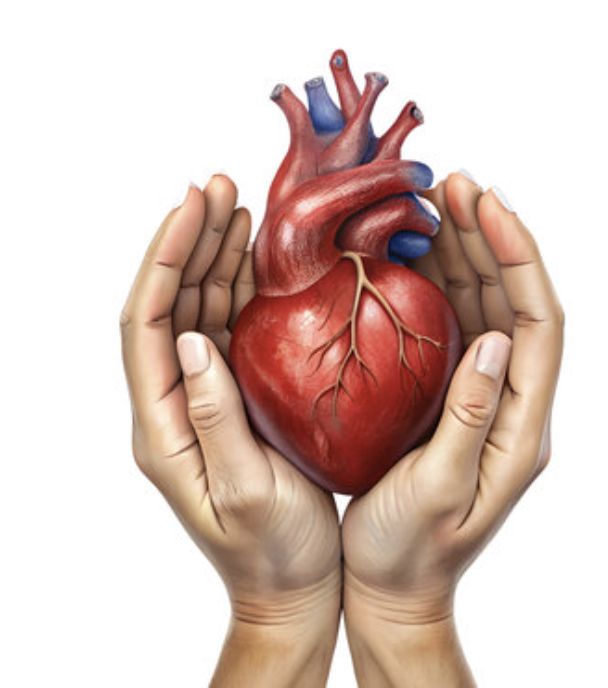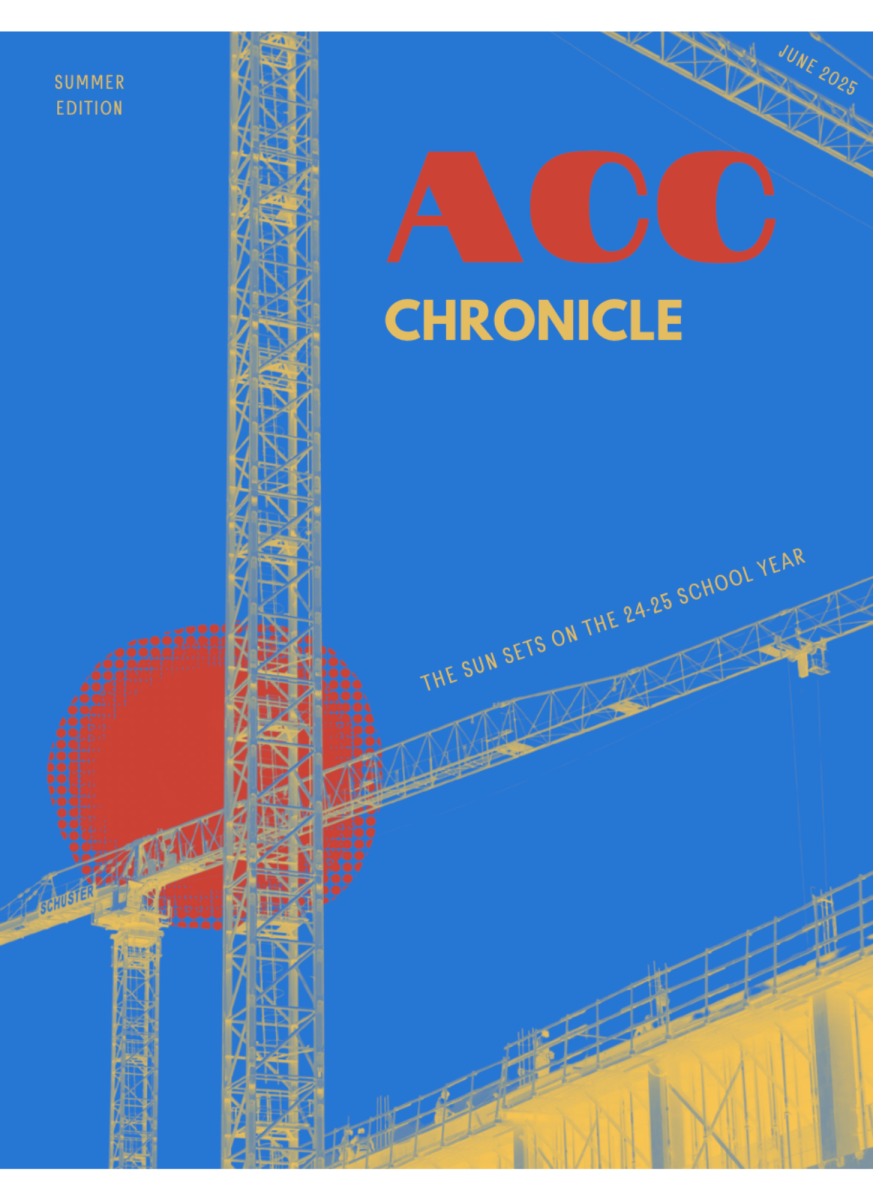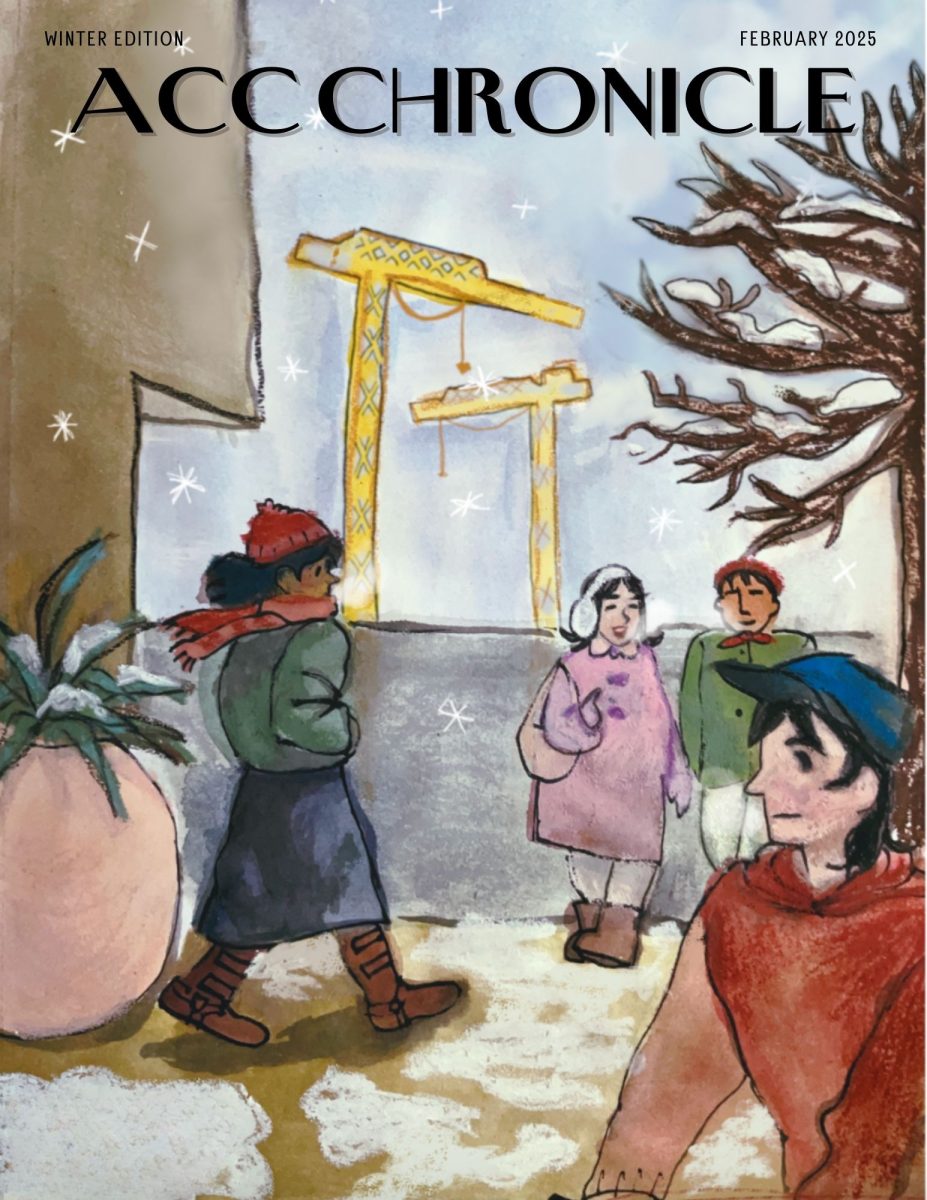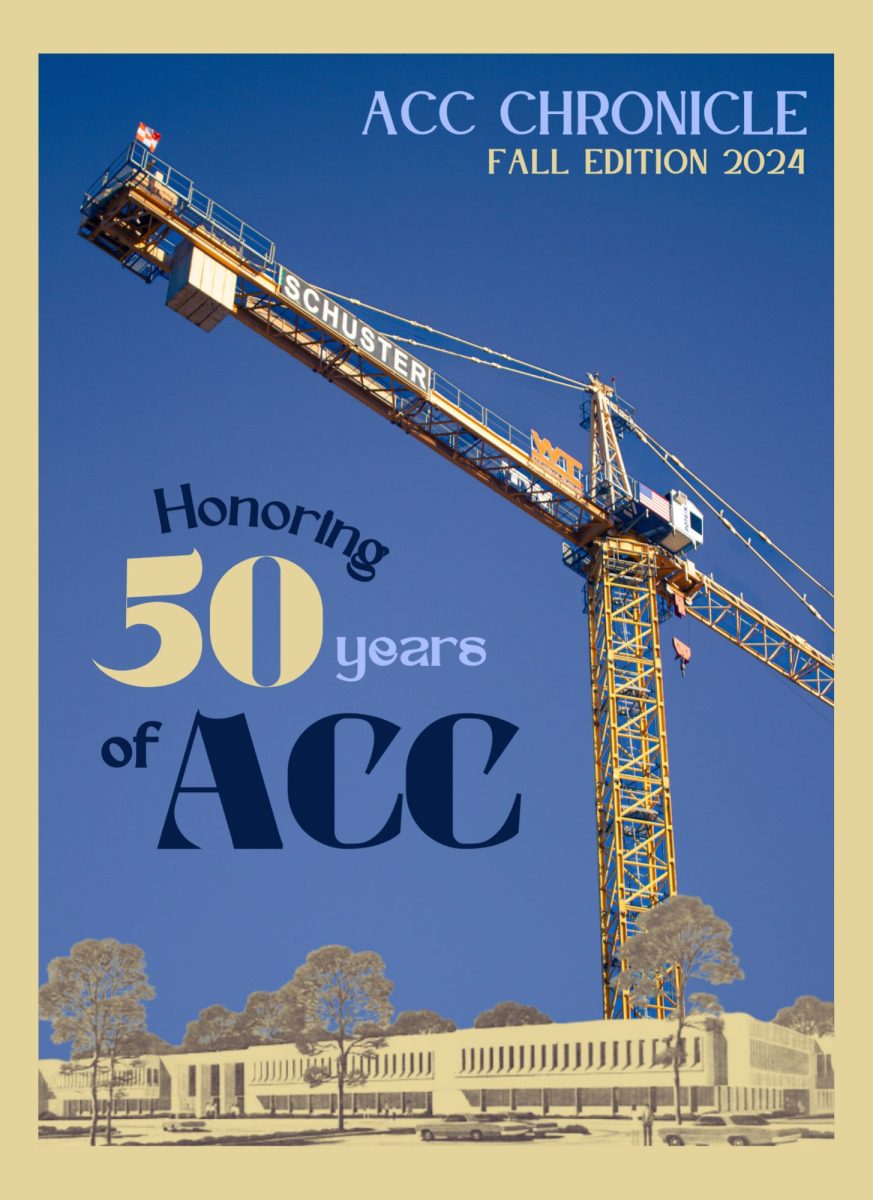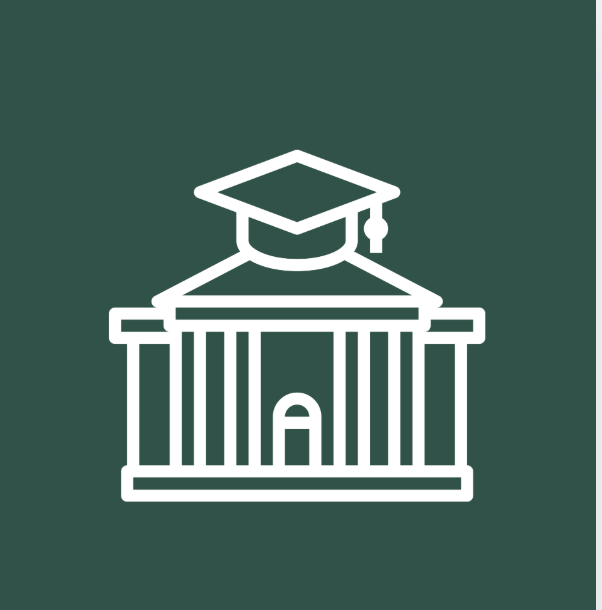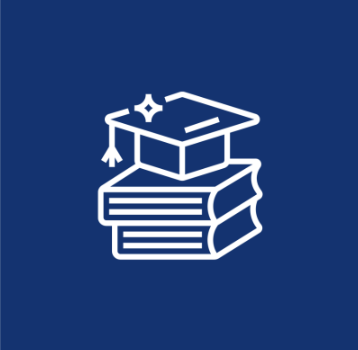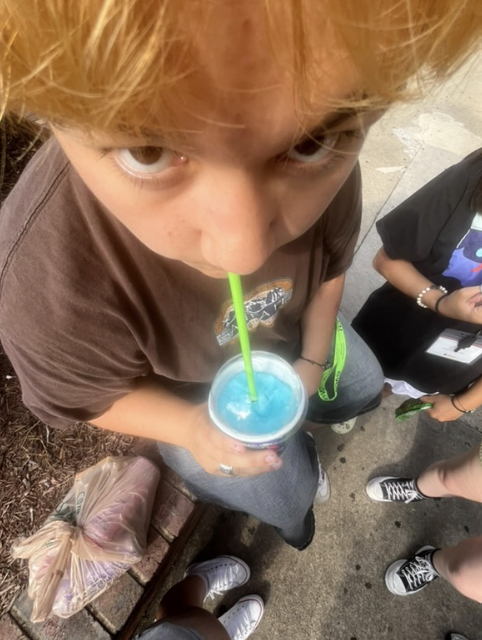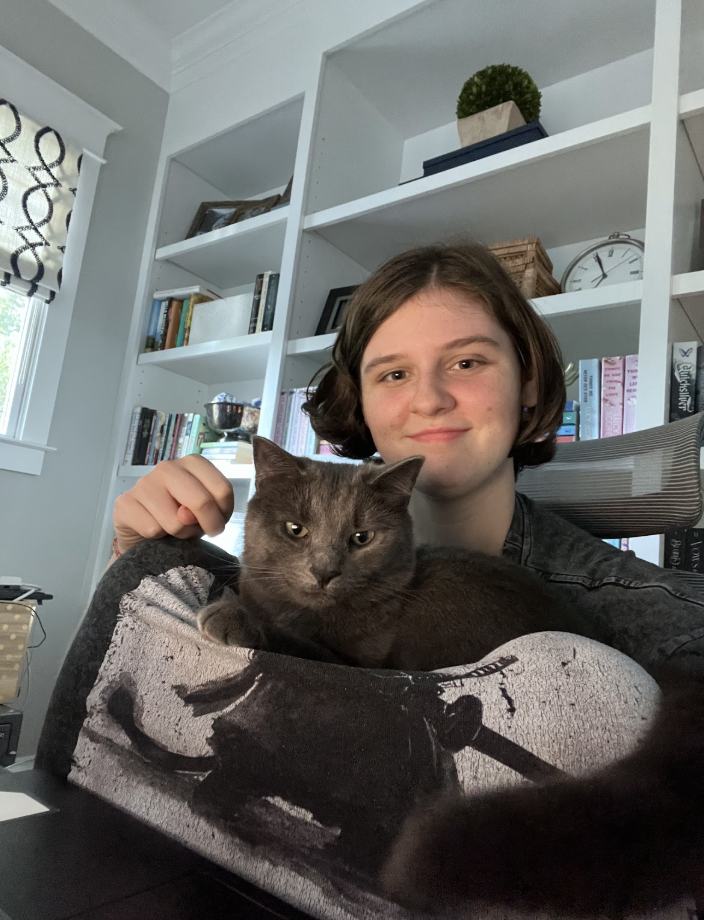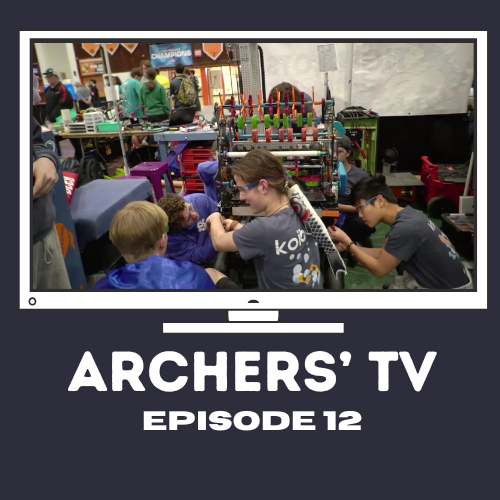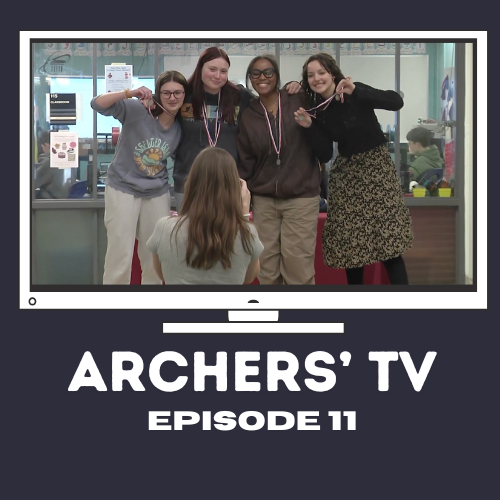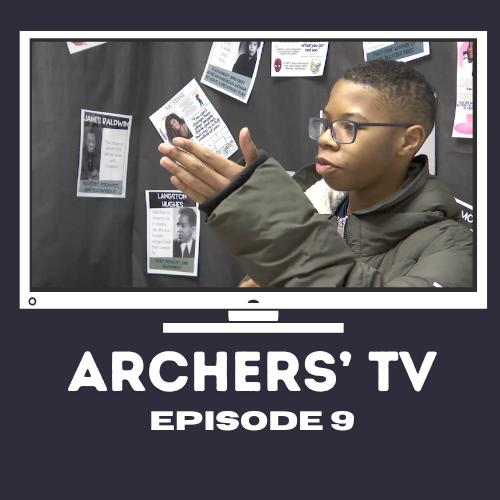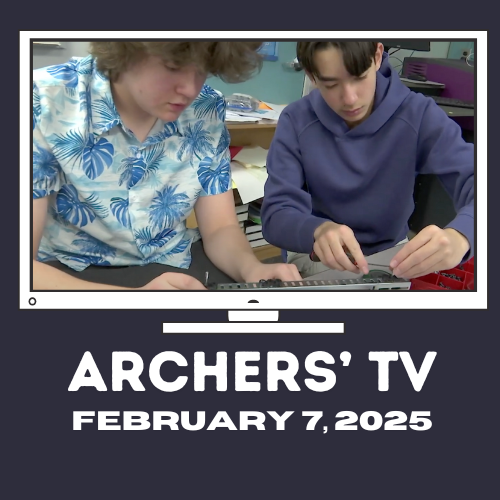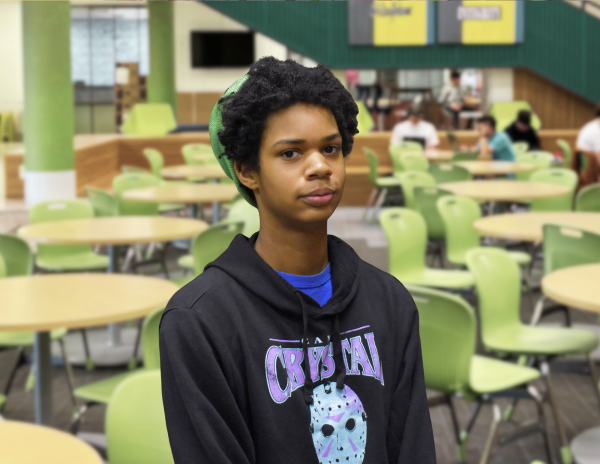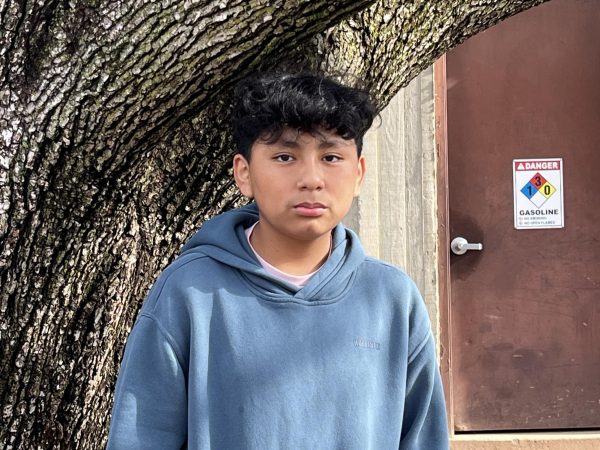We’re proud to announce that ACC students have been awarded First Place in the EV Switch Lab Design Competition. According to Wilmer Castro, automotive teacher, his team won first place thanks to their design choices and their modifications to their ARCC_EV project. Mr. Castro was excited to share this huge accomplishment with seniors at graduation, only 30 minutes after the results were announced. His hardworking students stand out among schools with EV projects around the United States.
Using the coding language Raspberry Pi, ACC made a lot of progress on the car. The collaboration between Collision Repair II and III, PBL scholars, and engineering leaders at ACC made this award possible. The auto collision students offered experience that others didn’t have in terms of all of the car systems, like braking, steering, etc.
With the guidance of Mr. Kivitz, engineering teacher and content expert, Sheel Shah took a Raspberry Pi and connected it to the car to make it function, sending a signal to the motor. Luci Sauve helped to make the main coding for the touch screen interface in the electric vehicle. Tobi Michelson was able to help troubleshoot and figure out what to change to help it work. They then refined the system and made it run smoother than before by testing the first version of the code, noting what had happened, and making it run smoother.
As PBL Coordinator, Dr. Thomas made sure that the teams met to talk about planning and brought food for the day of the event. She also scheduled a whole day for Mr.Kivitz and the students to work on the car.
Overall, the automotive team deserves a huge shout-out for getting involved in little and small ways. It was a big collaborative effort between engineering and automotive.
To prepare for the contest, the team worked with Tesla engineers, although they were not permitted to release trade secrets about self-driving technology. They got to test-drive one of the cars to show how Tesla operates. Later, in auto collision classes, they added extra seats, a rearview mirror, and LED lights. They worked hard to meet the contest criteria for functionality, aesthetics, efficiency, and safety.
Now, what does this big win mean? ACC will be awarded a $5,000 scholarship to further educate students on Electric Vehicles. The school will also receive $5,000 worth of Switch Lab Training kits for use in education and practice.
This year, Mr. Castro’s students made a lot of progress on the digital and mechanical parts during its creation, but they still have a long road ahead. Next up: Students are looking to add airbags for added safety within the car and cameras to record what’s going on inside of the car. On the electrical side, they plan to code a braking and steering system.
With new goals in mind, next year’s automotive team is planning to add a few more features to the vehicle that weren’t there before. They are also attempting to make the car fully automated. Some students from coding classes have used this opportunity as their Capstone project, and others have included it on their résumés.
According to Sheel, “In terms of making the car self-driving, it’ll probably be finished in about 4 years.”
To follow Autotech’s electric car journey, click this link for regular updates. You can also read AJ Scally’s article on the electric vehicle from April 11, 2024.
You can also support the EV project at ACC by going to GoFundme to help pay for the materials and resources. They’ve already raised 1.3 K so far out of their 30 K but they decided to use the money to afford paint and part for this year’s contest. ACC is proud to support this outstanding example of project-based learning.

